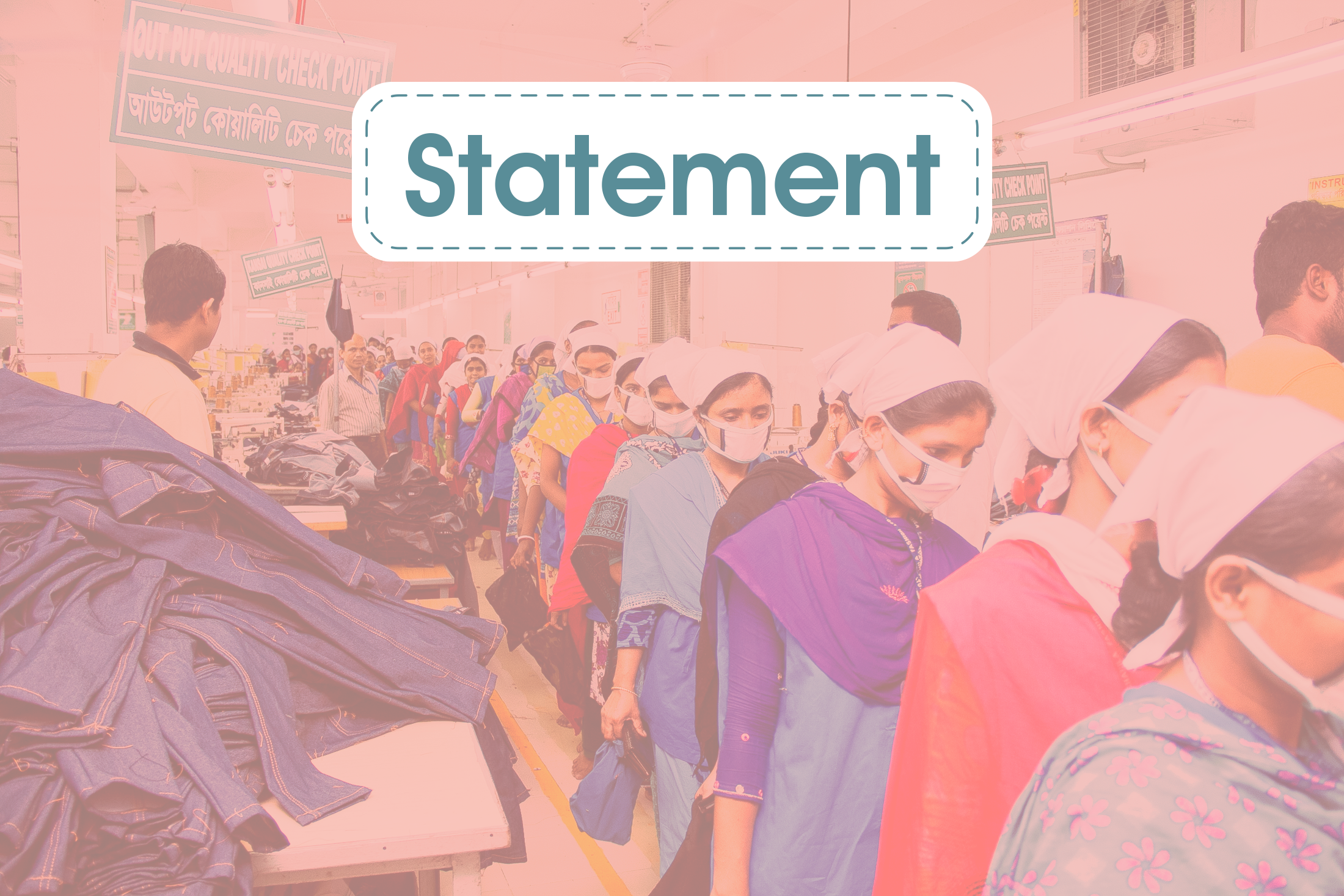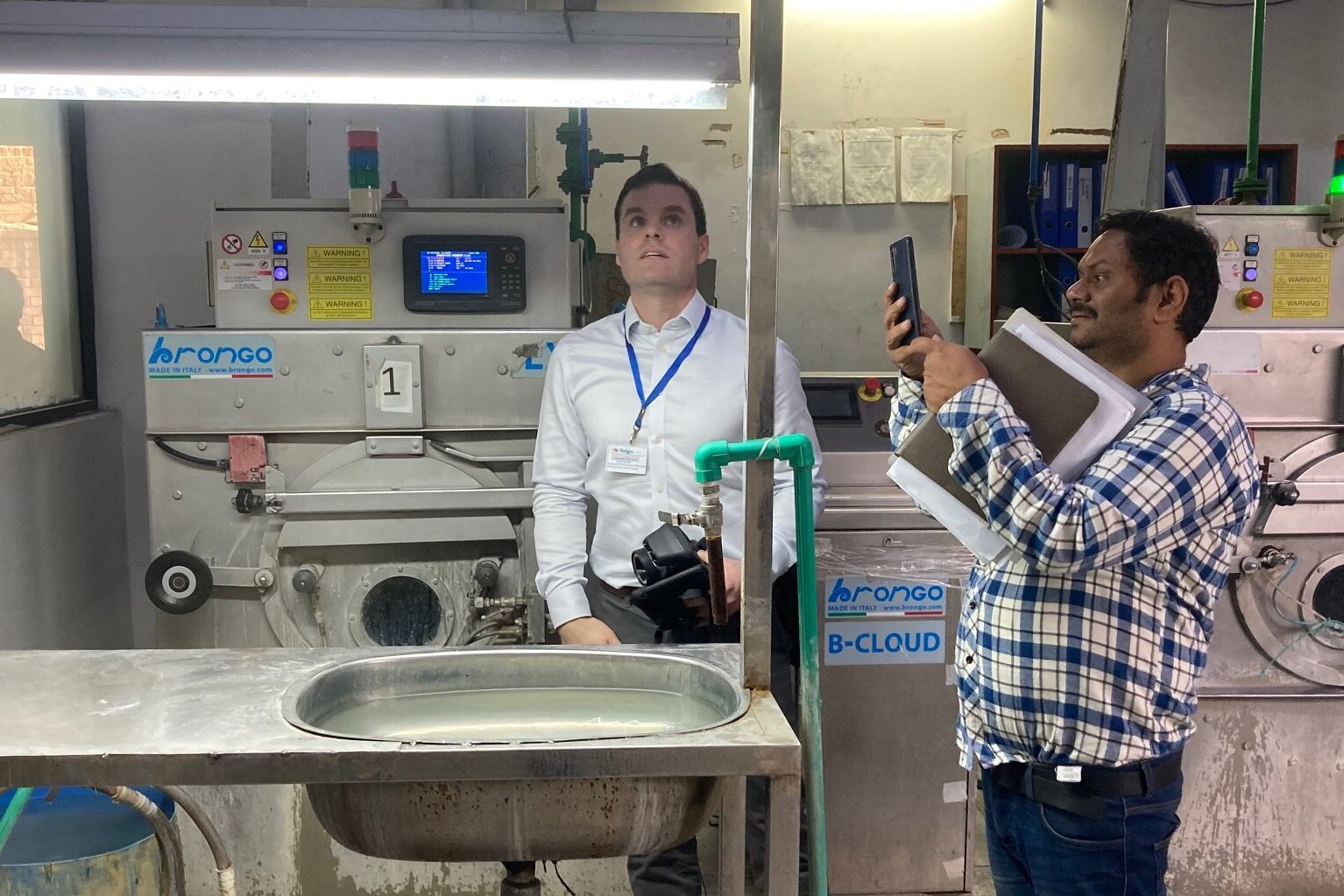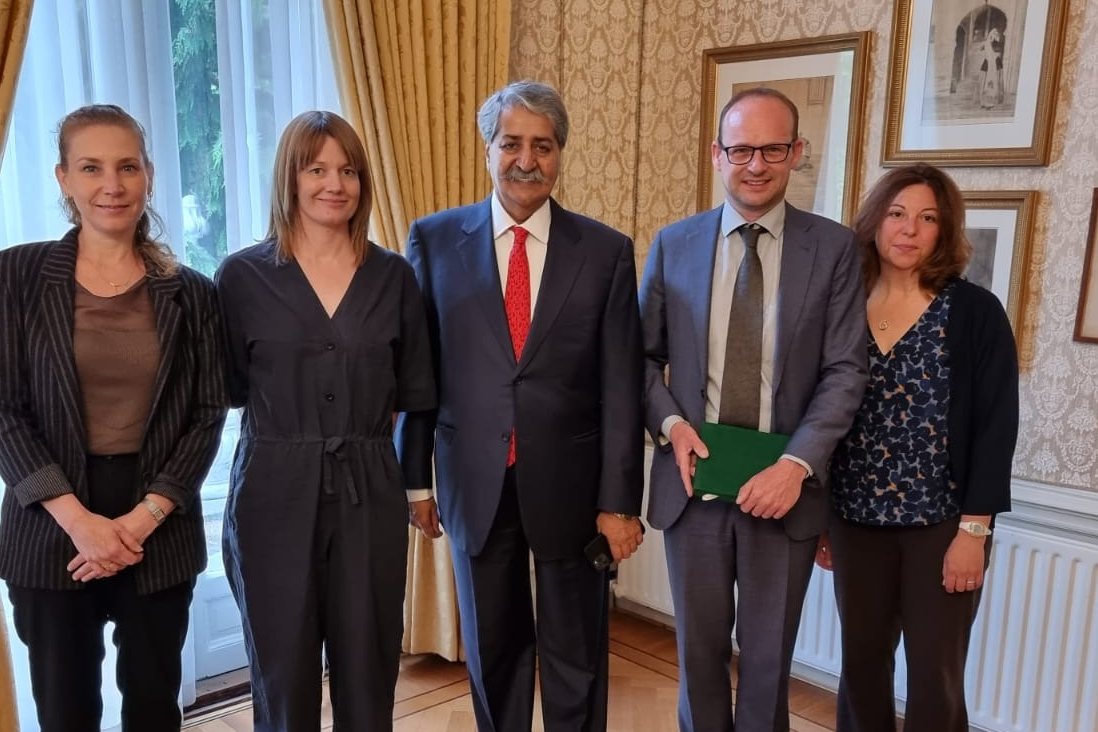Statement: Expansion of the Worker Complaints Mechanism in Bangladesh

Statement
Amsterdam, 9 November 2025:
The International Accord is pleased to announce that, from mid-November 2025, the Worker Complaints Mechanism in Bangladesh will be expanded to cover issues beyond Occupational Safety and Health (OSH).
Originally established under the 2013 Accord on Fire and Building Safety in Bangladesh, the Complaints Mechanism has been implemented by the Ready-Made Garment (RMG) Sustainability Council (RSC) since June 2020. It is implemented in accordance with the principles enshrined in the International Accord Framework Agreement and its country program, the Bangladesh Safety Agreement.
The Complaints Mechanism has become a trusted and effective channel for workers to raise safety and health concerns confidentially or anonymously. Over 4,000 OSH complaints have been filed to date, reflecting the strong trust workers and their representatives place in it.
Workers have raised various safety and health issues in their complaints including denial of maternity benefits, workplace violence and harassment, denial of sick leave, forced overtime, work-related injuries and fatalities. The Complaints Mechanism has provided a range of remedy including reinstatement, maternity payments and leave, disciplinary action, training, sick leave, measures to help prevent forced overtime and compensation payments for occupational injuries and deaths.
While the Complaints Mechanism has successfully delivered remedy for complaints related to safety and health, Accord signatories and stakeholders recognise that many complaints concern other work-related matters that could not be processed under the existing Complaints Mechanism. They have therefore agreed on the value of a unified Complaints Mechanism that addresses all workplace-related complaints and operates in line with the UN Guiding Principles on Business and Human Rights’ criteria for effective non-judicial grievance mechanisms.
In addition to OSH issues, the expanded Complaints Mechanism will cover the ILO Fundamental Principles and Rights at Work, as well as the most common types of complaints including wage payments, overtime, inequitable employment contracts, and severance benefits.
“The expanded scope of the Complaints Mechanism allows the RSC to address a wider range of workers’ concerns on behalf of Accord signatories. We are encouraged by the trust that workers, factories, signatories, and other stakeholders have placed in the Complaints Mechanism over the years and remain committed, alongside our RSC colleagues, to continue to operate with independence, impartiality, integrity and respect for confidentiality,” said Joris Oldenziel, Executive Director, International Accord.
Implementation will be carried out in phases, starting with over 50 signatory brands and 1,000 factories, to ensure a smooth and effective rollout, and subsequently extended to include all covered factories from May 2026. The International Accord, together with the RSC team, signatory brands, and trade unions, will continue to ensure that the Complaints Mechanism remains an accessible and trusted complaints channel for workers.
We extend our appreciation to the RSC Complaints Team for their tireless dedication in operating the Complaints Mechanism, investigating complaints, and delivering timely remedy to workers across covered factories.
We are also grateful to all parties involved, including Accord signatories, trade unions, industry partners, and civil society organisations, for their ongoing collaboration and commitment, which helps to ensure that the Complaints Mechanism continues to operate independently and effectively.
END
Resources
For more information, contact:
Related updates
December 14, 2022
This briefing includes updates on the number of signatory brands and covered factories, brand-supplier meetings, new Pakistan Accord office and the capacity building program in Pakistan.
December 10, 2022
The International Accord and a team of Arup engineers conducted pilot safety assessments at 7 garment and textile factories in Karachi and Lahore, Pakistan, between 28 November to 9 December 2022.
October 28, 2022
The Accord Secretariat conducted brand surveys, desk research, and in-depth interviews between October 2021- January 2022 to measure interest, presence, and volume of signatory brands in key garment-producing countries.
Nothing found.



